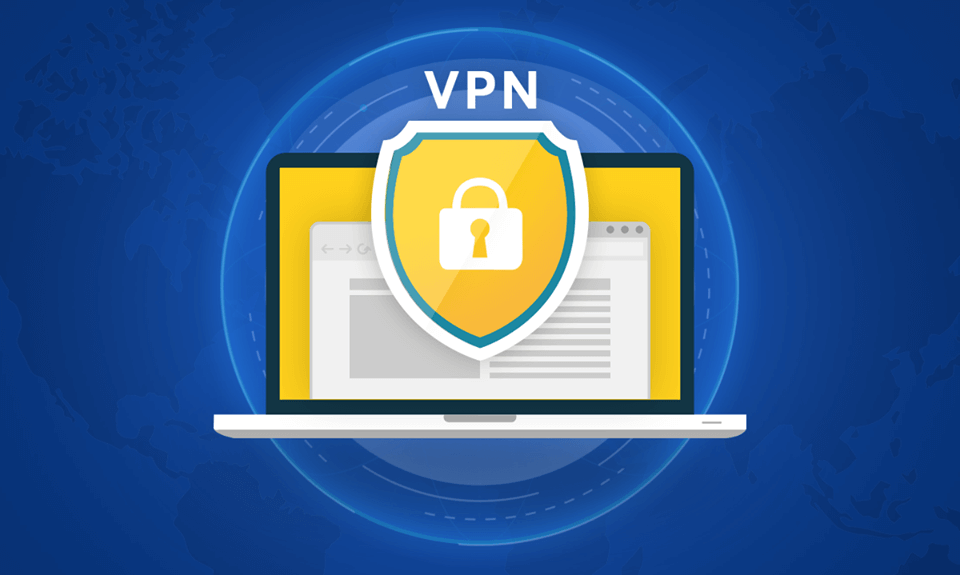Why Using a VPN Has Become a Necessity For Browsing The Web
The world is a dangerous place. And, that’s even truer when you’re talking about the virtual world of the internet. Hackers, governments, even your internet service provider, would all love to get their hands on your precious personal information. But how can you prevent them from watching your every online step?
The best way to protect your online travels from prying eyes is to use a Virtual Private Network (VPN). A VPN encrypts your connection, keeping your online travels safe from prying eyes.
Think of a VPN’s encryption as something like a New York City subway tunnel. While you’re walking down the sidewalk, you may be aware that there is a subway tunnel beneath you, but you don’t know which train is passing through the tunnel, or what subway station the train is headed to.
By using a VPN, such as the one provided by the Tenta Browser, everything you do while connected to the internet is protected from third-parties who might be attempting to track your movements on the web. No matter what you do on the web, someone would love to be able to monitor it.
In addition to keeping your browsing under wraps, a VPN also protects you from the bad guys, plus it opens up content that you might typically be blocked from accessing.
Your Internet Service Provider is Watching You
In 2017, Congress passed, and President Trump signed into law, a new set of online privacy rules. These new rules allow your Internet Service Provider (ISP) to share or sell records of your online activities to advertisers.
While you may not feel that this is a big deal, (also known as “I have nothing to hide”), you should be concerned that your ISP can follow your every step on the internet. Such monitoring is just one more crack in the foundation of your online privacy protections.
In addition, since ISPs know which websites you visit, they know exactly what kind of content you’re accessing. If you engage in file sharing online, your ISP can tell which files you’re sharing. If you accidentally download or share a copyrighted file, this could lead to a movie or music industry lawyer type knocking at your virtual door, lawsuit in hand.
Hackers Are Watching You When You Use Public Wi-Fi
Public Wi-Fi hotspots are convenient, aren’t they? Simply visit your local coffee shop, grab a cup of java, connect to the shop’s Wi-Fi hotspot, and sit down to quickly check your email and check your bank balances. So easy, yet so unsafe.
Yes, public Wi-Fi hotspots are incredibly convenient, but they are also incredibly unsafe. Most hotspots don’t require a password to connect. That means they are open to everyone. It also means that every user’s connection, and their personal and business-related information, are wide open to being monitored and stolen.
If a hotspot doesn’t require a password to join its network, that means the connection is not encrypted. When you log in to your home or work Wi-Fi network, you are likely required to enter a password to connect. That means your connection is protected. On a public hotspot? Not so much.
The lack of encryption on a Wi-Fi hotspot leaves your information open to being stolen by the guy or gal at the next table over, happily monitoring every other Wi-Fi user’s connection. They could be gleaning your credit card and checking account numbers and any other valuable information that can be peddled on the black market.
A VPN encrypts your Wi-Fi connection, making it impossible for cybercriminals to monitor your activities, or to plant malware on your device.
A VPN Opens Access to Blocked Sites
Depending on your location, your ISP or your government may be blocking you from accessing certain types of websites and other online content. Or, in some cases, the website itself may be blocking your access, simply because of your location. Last but not least, many schools and employers also block access to streaming or gaming sites when a user is connected to their networks.
If you’re a movie fan, Netflix is worth every penny of the subscription you pay for. But, did you know that you don’t have access to all of the content Netflix offers? Due to its agreements with movie and television studios, Netflix’s content is restricted in many countries. What is available in Paris, France might not be available to a viewer in Paris, Texas.
A VPN allows you to appear to be located in a completely different location than where you are actually connecting from. It does this by allowing you to connect to a VPN server located in another city, state or country. This makes it appear that your connection is originating from where the VPN server is located. A content provider that geographically restricts its content will then happily allow you to view the content for the region you’ve selected.
In Closing
When using a VPN, your online activities are kept safely undercover, safe from the prying eyes of the bad guys and anyone else that has absolutely no business monitoring your online antics. This adds an extra layer of safety to such online activities as online banking, shopping.
In addition, they also provide a great way to access content that may normally be unavailable to you.
Share this postInstall Tenta Browser Free!
Start protecting your online privacy today with Tenta Browser.



